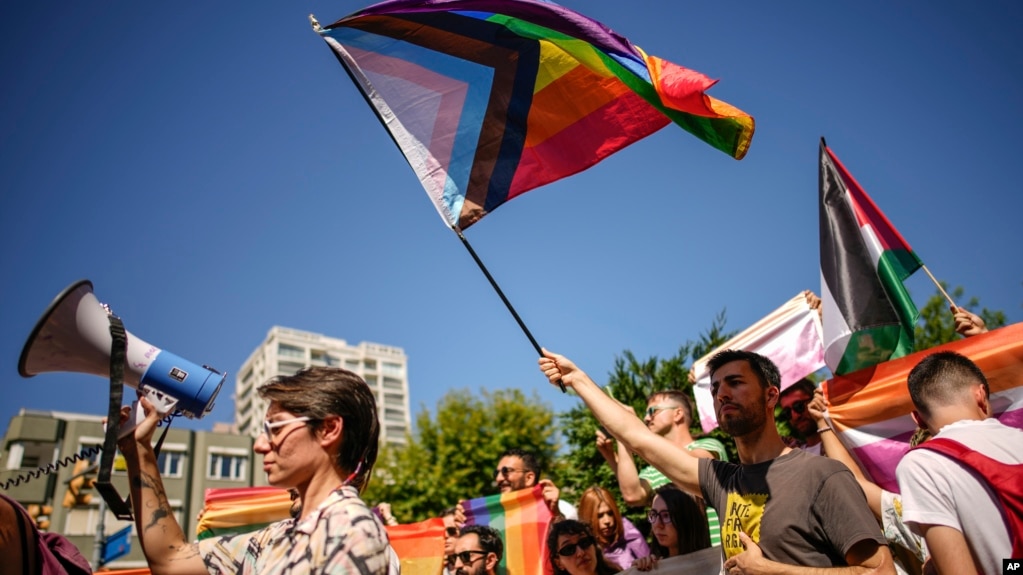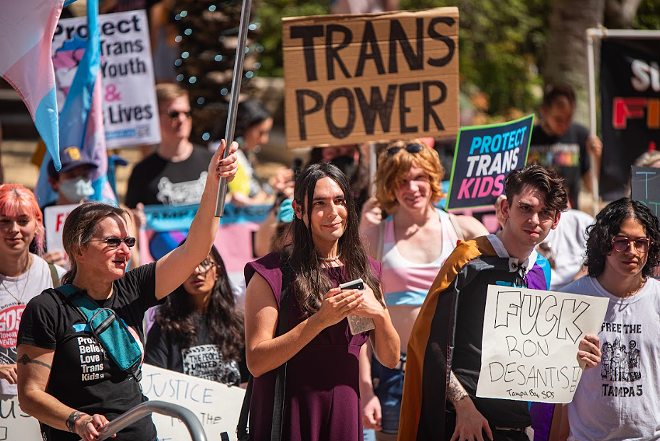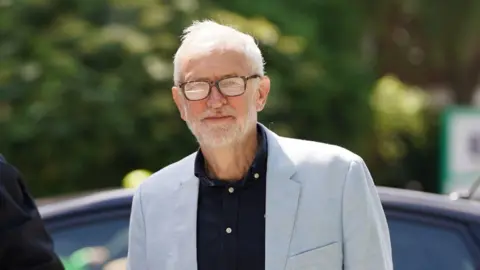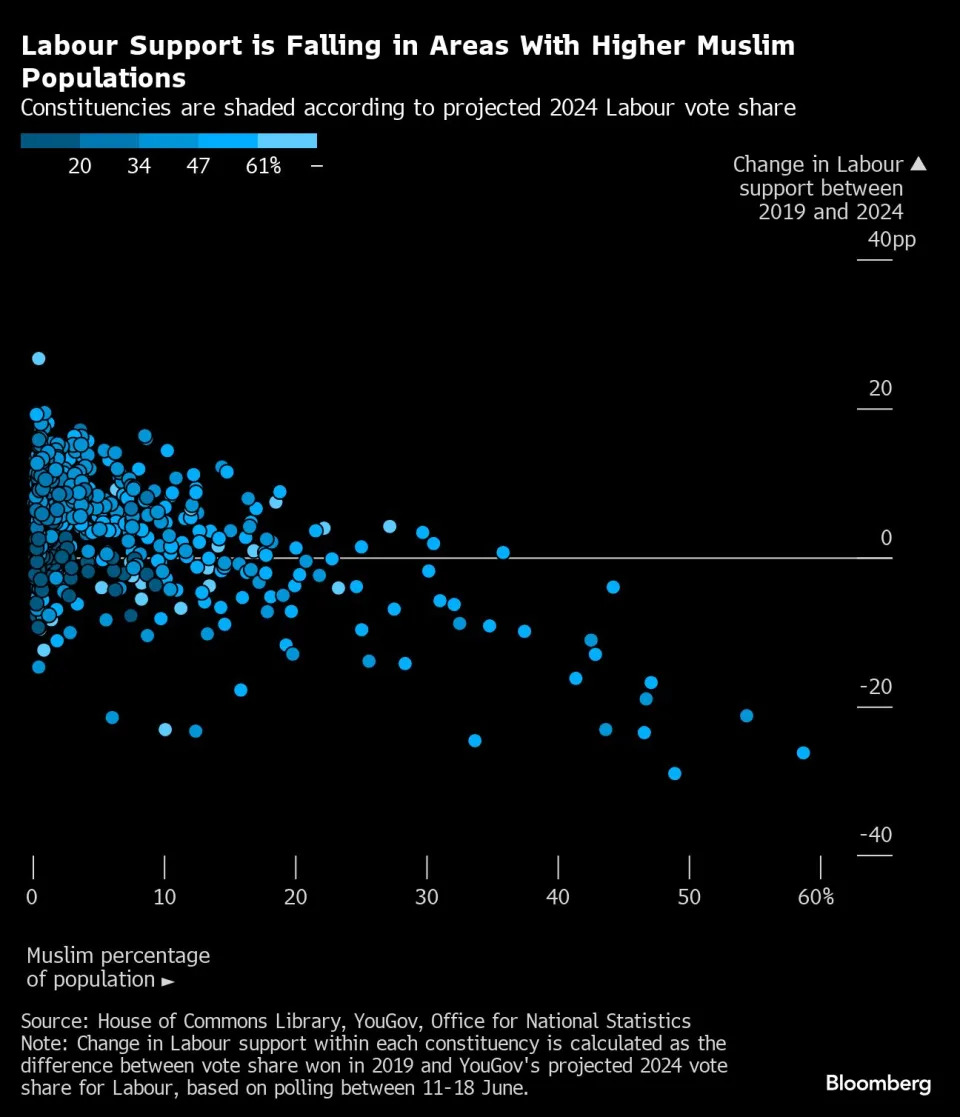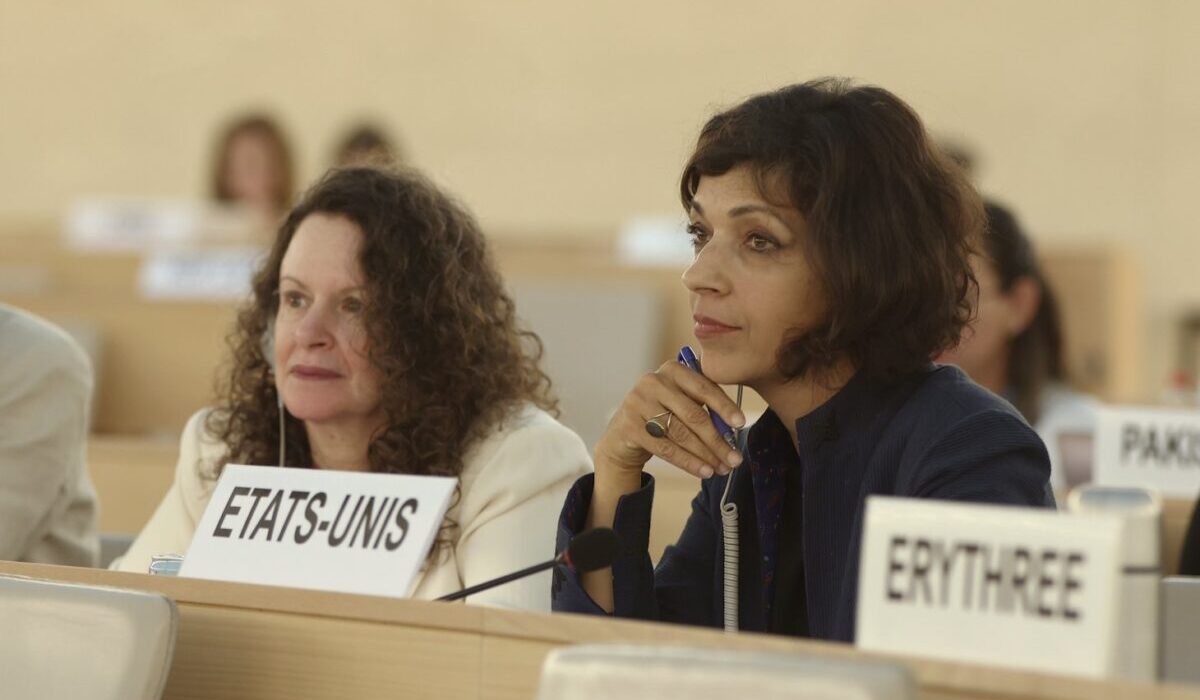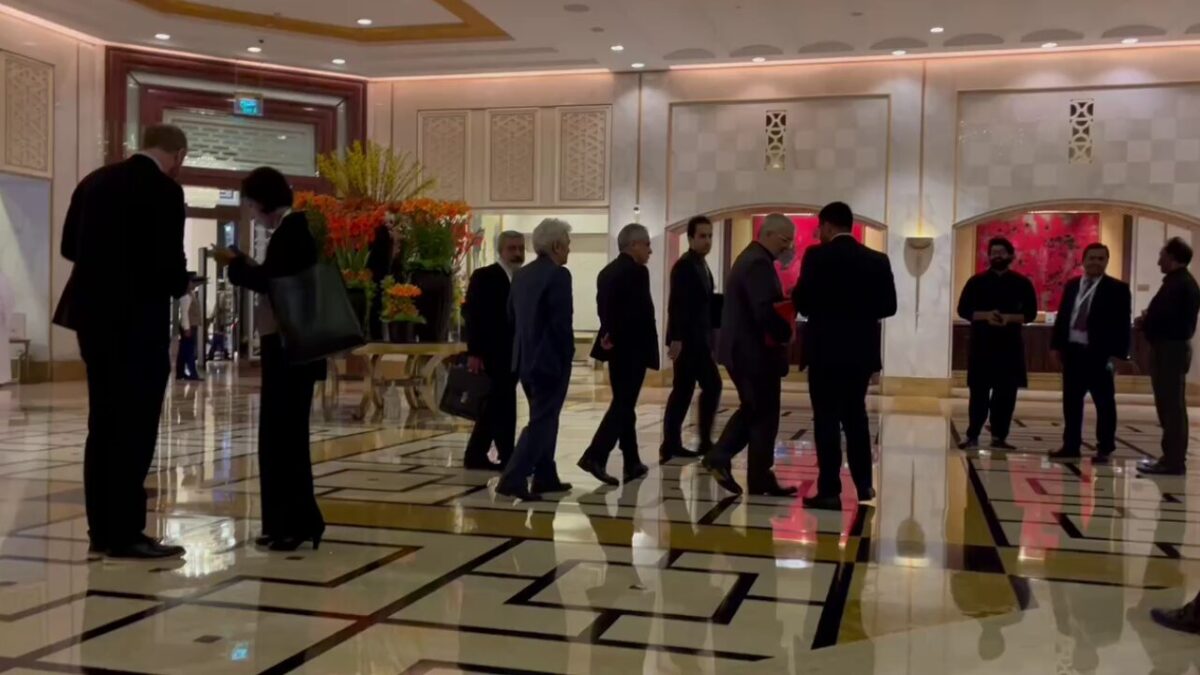British politicians and media have wildly mischaracterized the actor and LGBTQ+ ally’s recent comments.

LONDON, UK. April 29, 2019: David Tennant & son, Ty Tennant arriving for the "TOLKIEN" premiere at the Curzon Mayfair, London.Photo: Shutterstock/Steve Vas/Featureflash
Doctor Who star and long-time LGBTQ+ ally David Tennant has been at the center of controversy in the U.K. for the past week over comments he made about an anti-trans politician.
Last Friday, June 21, the actor won the “Celebrity Ally” award at the 2024 British LGBT Awards. During his acceptance speech, Tennant specifically called out Kemi Badenoch, a rising star of the U.K.’s conservative Tory party who serves as the Secretary of State for Business and Trade and a Minister for Women and Equalities.
RELATED:

Sam Smith speaks out for trans people as UK government increases attacks
Prime Minister Rishi Sunak was the latest politician to attack trans people, saying they don’t exist.
“If I’m honest I’m a little depressed by the fact that acknowledging that everyone has the right to be who they want to be and live their life how they want to live it as long as they’re not hurting anyone else should merit any kind of special award or special mention. Because it’s common sense, isn’t it?” Tennant said. “It is human decency. We shouldn’t live in a world where that is worth remarking on.
“However, until we wake up and Kemi Badenoch doesn’t exist anymore – I don’t wish ill of her, I just wish her to shut up – whilst we do live in this world, I am honored to receive this,” he continued.
Badenoch has described gender-affirming healthcare as “a new form of conversion therapy” and announced a plan last year to ban social transitioning in British schools.
Tennant’s comments were greeted with condemnation from U.K. politicians and media outlets, which have wildly mischaracterized his criticism of Badenoch with suggestions of racial prejudice and misogyny.
In a Tuesday X post Badenoch herself suggested the actor was trying to silence “the only black woman in government.”
“I will not shut up. I will not be silenced by men who prioritise [sic] applause from Stonewall over the safety of women and girls,” she wrote. “A rich, lefty, white male celebrity so blinded by ideology he can’t see the optics of attacking the only black woman in government by calling publicly for my existence to end.”
“Do not let the bigots and bullies win,” Badenoch added in a follow-up post.
“I’m not sure David understands the irony of trying to silence the voice of the most senior black female politician in the UK’s history, in the name of ‘defending’ a minority community,” U.K. Home Secretary James Cleverly wrote on X the same day, adding that he hoped Tennant would apologize.
On Wednesday, the U.K.’s anti-trans Prime Minister Rishi Sunak weighed in with his own X post. “Freedom of speech is the most powerful feature of our democracy,” he wrote. “If you’re calling for women to shut up and wishing they didn’t exist, you are the problem.”
On Thursday, anti-trans author J.K. Rowling posted an unattributed, out-of-context quote supposedly from Tennant, in which he appears to call anti-trans activists “a tiny bunch of whinging f***ers who’re on the wrong side of history.”
The author’s post led the conservative newspaper The Daily Telegraph to accuse Tennant of attacking “feminists” and “women’s rights activists,” despite the actor mentioning neither.
Meanwhile, Labour MP Dawn Butler defended Tennant against the bad-faith criticism, writing on X that “Not all Black women think the same.”
Tennant, who is not on social media, has not commented on the uproar. However, on Thursday his wife, Georgia Tennant, reposted an Instagram post from the Trans Solidarity Alliance featuring a video clip of her husband saying that “trans youth are loved.” And on June 21, the same day Tennant made his comments at the British LGBT Awards, Georgia posted a photo of the actor holding an intersex-inclusive Progress Pride flag and wearing a t-shirt with the words “You Will Have to Go Through Me” in the colors of the trans pride flag.
